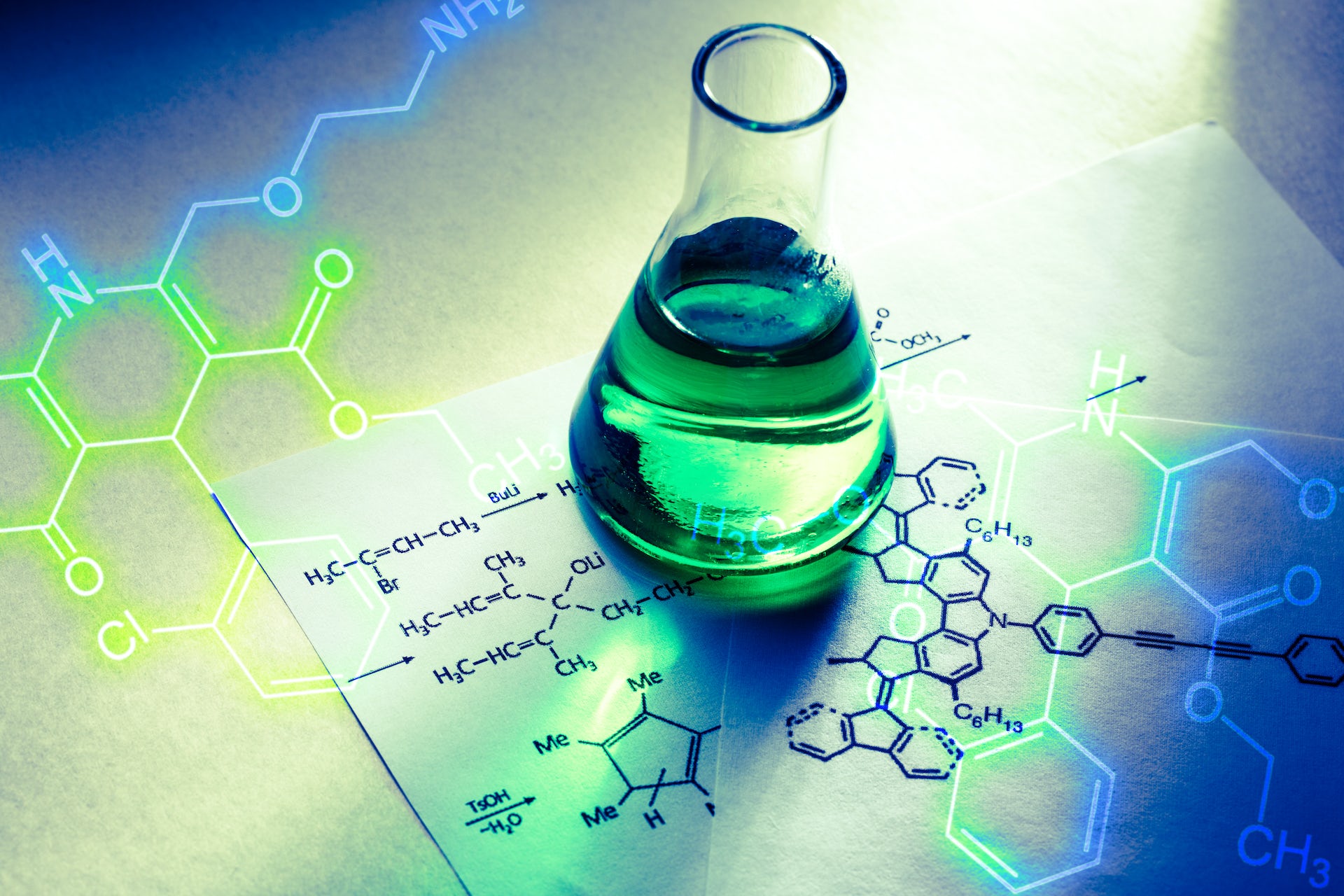When acid comes into contact with your skin, it can cause a range of unpleasant reactions, from minor irritation to severe burns. Knowing how to neutralize acid on your skin is crucial for minimizing damage and promoting healing. Here's a comprehensive guide to help you safely and effectively handle acidic exposure.
- Immediate Action: Limit the Contact
The first and foremost step is to limit the contact between the acid and your skin. Flush the area with plenty of cool water for at least 20 minutes to dilute the acid and prevent further penetration. Avoid using soap as it may react with the acid and cause further irritation.
- Neutralize the Acid
After flushing, you need to neutralize the acid. Depending on the type of acid involved, you may use different agents for neutralization. For example, if it's a strong acid like sulfuric acid, you can use a dilute solution of baking soda or sodium bicarbonate. For weaker acids like vinegar, a simple rinse with water may suffice.
- Seek Medical Attention
Even after neutralizing the acid, it's important to seek medical attention immediately. A doctor can assess the damage, provide additional treatment if needed, and ensure proper healing.
- Prevent Future Incidents
As with any safety precaution, it's crucial to take measures to prevent future acidic exposure. This includes being vigilant about handling acids and chemicals, wearing protective gear when working with them, and storing them securely.
- Post-Exposure Care
After the initial treatment, it's essential to continue caring for the affected area. Apply antibiotic ointment to prevent infection and dress the wound with sterile gauze. Avoid scratching or picking at the area, as it can delay healing and increase the risk of scarring.
In conclusion, neutralizing acid on your skin requires prompt action and the right approach. By limiting contact, neutralizing the acid, seeking medical attention, and taking preventive measures, you can minimize damage and promote healing. Remember to always handle acids with caution and follow safety guidelines to prevent such incidents in the future.

